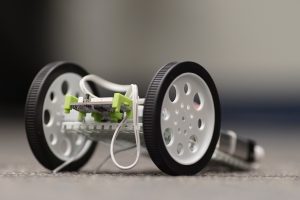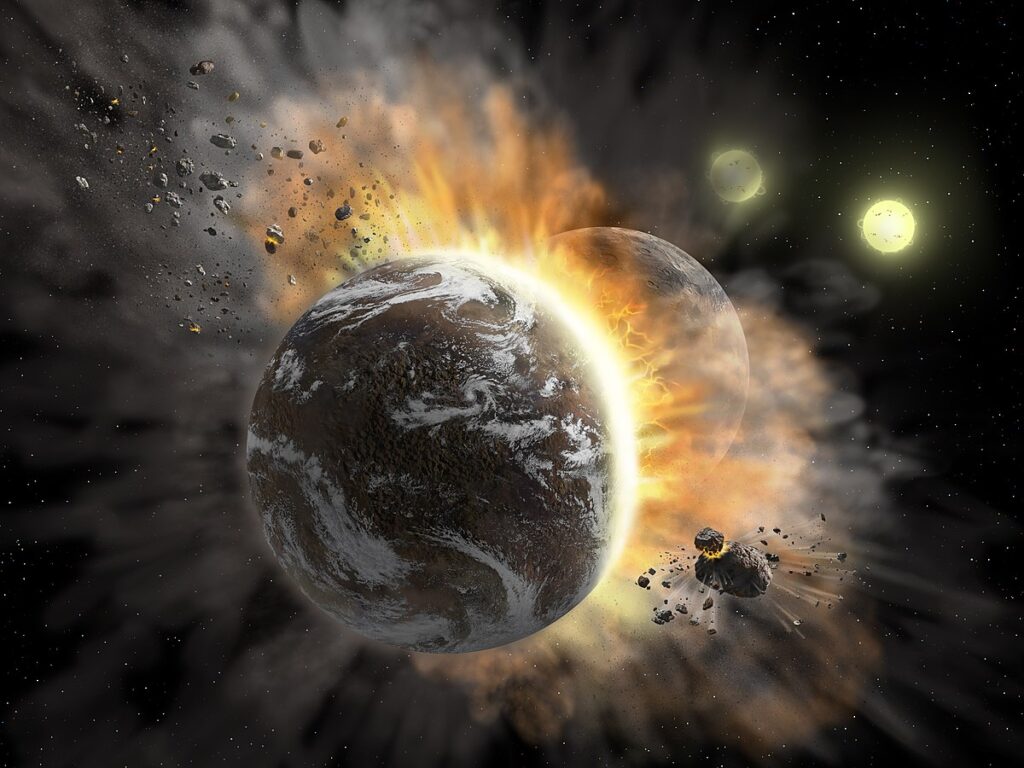We were all set to hold our next meeting at the Roost on the 30th, when we found out about this lecture: Leading astrophysicist on landmark gravitational wave discovery to speak at IU
So, we’re encouraging Science Cafe aficionados to attend this IU event at 7:30 p.m. in Swain West, Room 119.
We’ll re-schedule Dr Newman’s talk, and will post our February talk soon!

Play is an important way that young children learn. Playing with spatial toys and engaging in spatial activities may prove to be an essential part of the development of spatial thinking. There are a number of studies that have related spatial play with spatial skill and number processing both of which are important for success in STEM (science, technology, engineering and mathematics). I will discuss some evidence in support of the spatial play STEM achievement relationship.
Our speaker is Sharlene Newman, PhD
Professor, Psychological and Brain Sciences (cni.lab.indiana.edu)
Associate Vice Provost for Undergraduate Education (ovpue.indiana.edu)
Director, IU Program in Neuroscience (neuroscience.indiana.edu)


